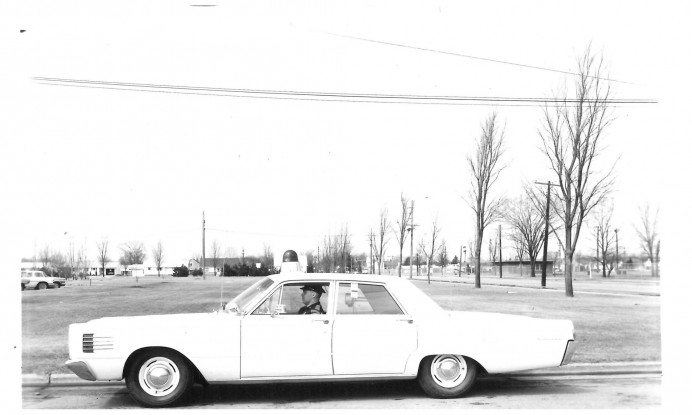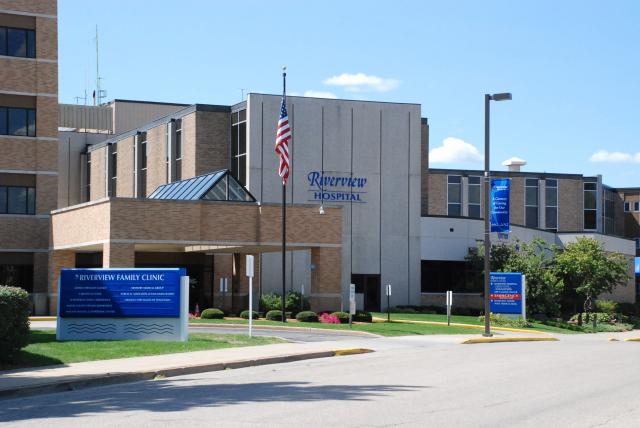State, County Officials Seek Better Route to Drug Treatment Options

By Joe Bachman
Editor
“We don’t have enough professionals who can provide services that can help people from getting into a crisis mode” — Wisconsin Attorney General Brad Schimel.
WISCONSIN RAPIDS — City, county, and state officials joined law enforcement for a round-table discussion on Monday afternoon at the Wood Co. Courthouse. Out of the 90 minutes allotted for the session, most of it was focused on the continued opiate epidemic in the state, and how to combat the problem with outside-the-box thinking, as well new ways for treatment options.
“I think the old model in how we handled these cases, where it was ‘lock them up, throw away the key’, they do their time and then they’re back out in the street — is really not the best model,” said Senator Patrick Testin. “Obviously, they go and do their time, they go through withdrawals and they’re back out on the street doing the exact same things that got them into jail in the first place. We have to really address the root cause of the problem.”
Testin cited work across the board with legislators from both parties that need to be done — work that focuses on solutions without costing the taxpayers too much.
“We’re a little ahead of the game here, so we’re a little better off,” said Rep. Scott Krug, who served on the Wood Co. Drug Court. “Everybody all over the state needs more treatment options — they don’t exist right now.” [for some counties].
According to Krug, and state officials, one option on the table is to utilize the private sector for extended treatment options. Local law enforcement stressed to state officials that a lot of crime could potentially be prevented with better preventative treatment options to keep users from the path to addiction.
“We have to attract the hospital systems back into this business,” said Schimel. “They moved away from the behavioral health stuff because it cost a fortune, and insurance wasn’t covering it adequately; government wasn’t reimbursing it with very good rates — so we’re going to have to drive insurance to cover it better. These issues are costing us a fortune when they go untreated.”
Most officials are under the belief that public opinion has swayed towards the sentiment that mental health and drug treatment options are better than simply ‘locking up’ most drug users. At least 50 counties now have drug treatment courts up and running, and representatives are now looking for ways to expand these courts.
While the country may be currently divided along political parties, most agree that this is an issue to be tackled on both ends of the spectrum.
“This is something that transcends politics and parties,” said Testin. ‘When these bills come up, we often see unanimous votes go through — so we’re all working on the same team on this issue to combat the drug epidemic to make sure people get the help they need.”







